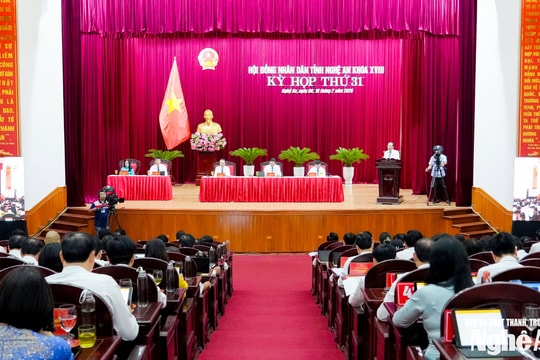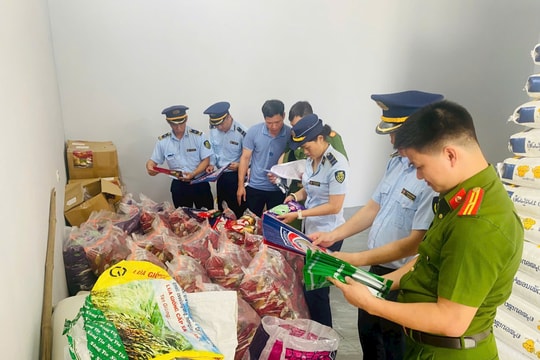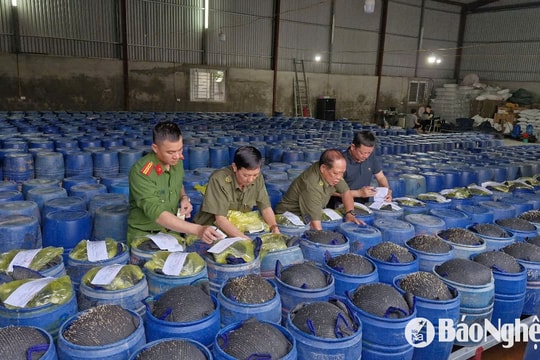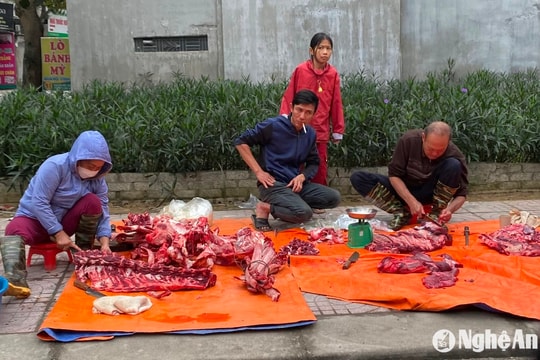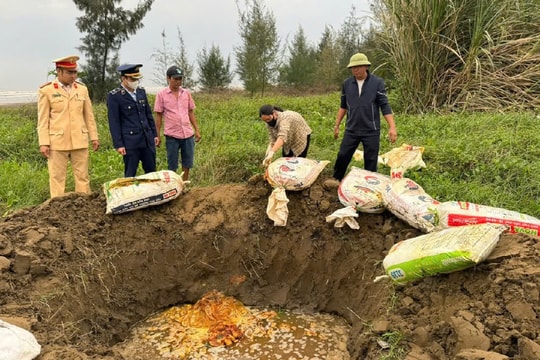Petty corruption is like dirty food, harming the whole country.
Associate Professor, Dr. Dang Ngoc Dinh: Corruption now, like dirty food, is secretly harming the whole country, preventing us from moving forward.
Associate Professor Dr. Dang Ngoc Dinh, Director of the Center for Community Support Development Research (the agency that researches the annual PAPI Index) said that corruption now, like dirty food, is secretly harming the whole country, preventing us from moving forward.
Mr. Dinh said: Corruption, especially petty corruption, is negatively affecting social morality, becoming a universal, bad "habit" in Vietnam. However, people are still carefree and indifferent to its presence because it does not cause immediate harm.
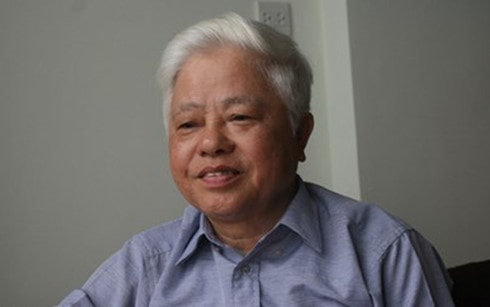 |
| Assoc.Prof.Dr. Dang Ngoc Dinh |
Development hindrance
PV:Sir, what is the current level of corruption in Vietnam compared to other countries in the world?
The world has now developed a set of measures of corruption perception. Every year, assessments are conducted in all countries, showing that no country gets the maximum score, meaning there is absolutely no corruption. But no country gets 0 points, meaning there is only corruption, corruption everywhere.
However, we should not rely on the story of “every country has corruption” to justify corruption in Vietnam. Other countries also have corruption, but their scores are 8-9 points, while yours only has 3 points, so we cannot compare them. Some Nordic countries like Norway, Denmark… always reach the highest position, around 9.8/10 points, while our Vietnam always hovers around 3/10 points of the world. When the score is low, there will definitely be major corruption cases, and when the score is high, there may be major corruption cases but there is almost no petty corruption, corruption is rampant.
PV:Which is more harmful to the country, petty corruption or big corruption cases, sir?
If it directly affects and causes economic instability, public debt, etc., then major incidents are very dangerous. But in terms of social development, petty corruption is currently hindering modern public administration. According to many experts, failure to control and prevent petty corruption will prevent our country from overcoming the middle-income trap.
PV: Are the state's current tools to prevent and limit corruption strong and comprehensive enough, sir?
Currently, there are tools to “prevent” and tools to “fight” corruption. Our current tools to punish corruption are also very good, but if we do not change a principle, change a method of operation, but create a society of fear, it will stifle ideas and stop creating wealth. After all, how can we control all acts of corruption?
The solution is to change from the principles of governance, or in other words, to build an effective and synchronous system of tools to “prevent” corruption, that is, to create a society and a state management apparatus capable of preventing corruption. Like people say, hitting a mouse breaks a vase, but more importantly, we must create a house without mice, that is, we must bait, trap mice, and cover all holes to prevent mice from entering…
Fighting corruption and negativity can use the police force, but prevention must involve the whole society. To prevent it well, we must reform the economic and social institutions, not just make this law or that law.
Preventing civil servants just to get rich
PV: What do you think about the situation where many leaders of state agencies, before retiring, signed a series of decisions to appoint and transfer officials in the industry. Is there a problem of corruption in this?
In my opinion, the most painful phenomenon today is the phenomenon of taking advantage of acquaintances or using money to get children into public service. This situation is invisibly creating a “corrupt” public authority system. That is, we are using a source to create public servants in an unhealthy way, and those public servants will have an unhealthy impact in return.
Returning to the reporter's question, based on the analysis, that phenomenon is not strange because, to put it simply, if you invest, you have to get it back, and if you have power, you have to use it all. However, from a social perspective, there are two points: one is that public opinion will think that person is unethical. You are already well-off, have a house and land like that, but still doing that is not okay. Legally, they have the right to do that, when they go to court, they still have enough evidence: This is the daughter-in-law's, this is the grandchild's, this is the grandson's, and then follow all the procedures according to the regulations...
PV: There is a view that to reduce petty corruption, we can use public ethics standards?
If you want to reduce this phenomenon, you should not just appeal to morality, and only a few people will feel embarrassed and humiliated, it will be difficult for the rest. Therefore, we must return to the core issue of building a governance system that does not produce such a situation.
An expert from Denmark who came to Vietnam said that the motive for entering the civil service in Vietnam is to get rich, not just to contribute to society.
Civil servants in many countries are not allowed to do business because it may be related to “automatically” getting preferential treatment. Most people today think that becoming a civil servant is not only for political power but also for money.
PV: What are your expectations for the ability to control and limit corruption in this new term?
The good thing about a new term is that new people always have to “look around”, they are not “used to” the old. It is like a football team, they will have to change the coach if they do not meet the expectations of the fans. But not necessarily changing the coach will push the ranking up immediately, but must change from the nature of the team, the philosophy of the team, that is, build from the root.
With the majority of the cabinet this time being young leaders, they have better knowledge and better reactions. Secondly, the times have changed towards a new administrative governance trend, there is no longer the situation where officials have to stand above the people. Officials now have to stand in the middle to provide services to the people, the people are now customers, respected.
PV: Thank you sir./.
According to Tien Phong

